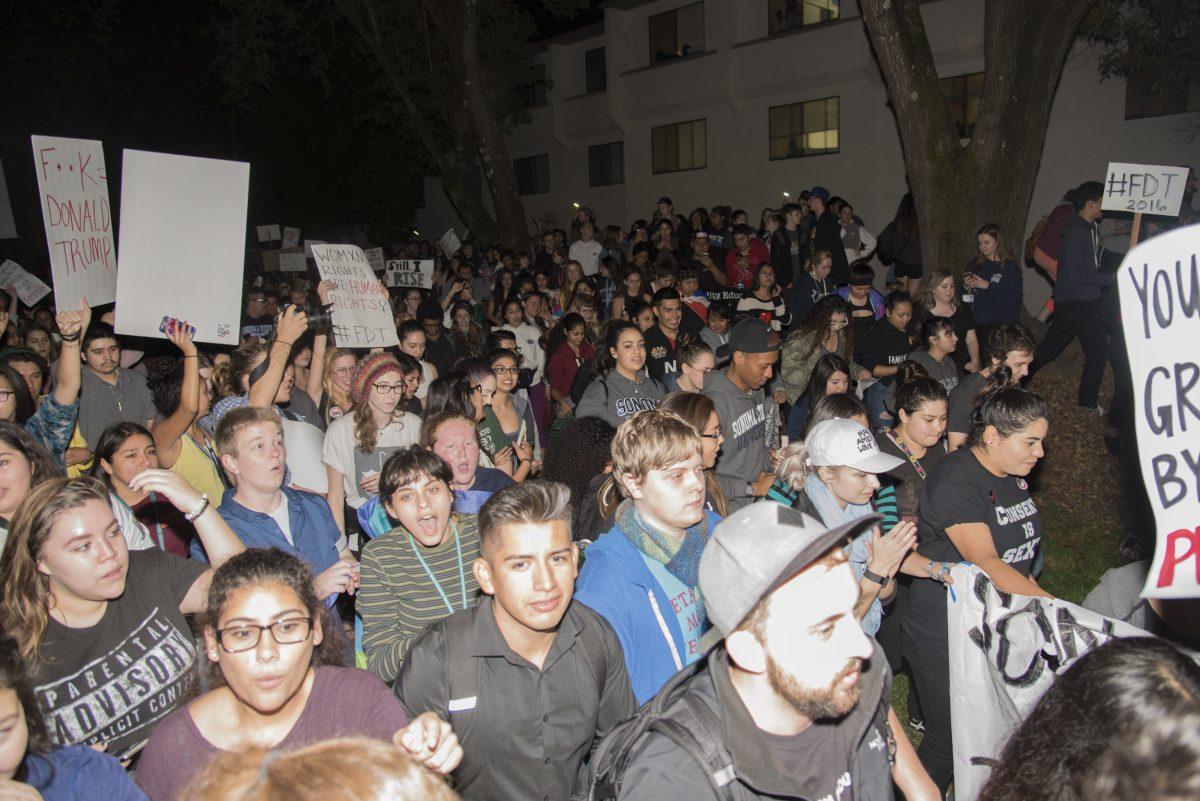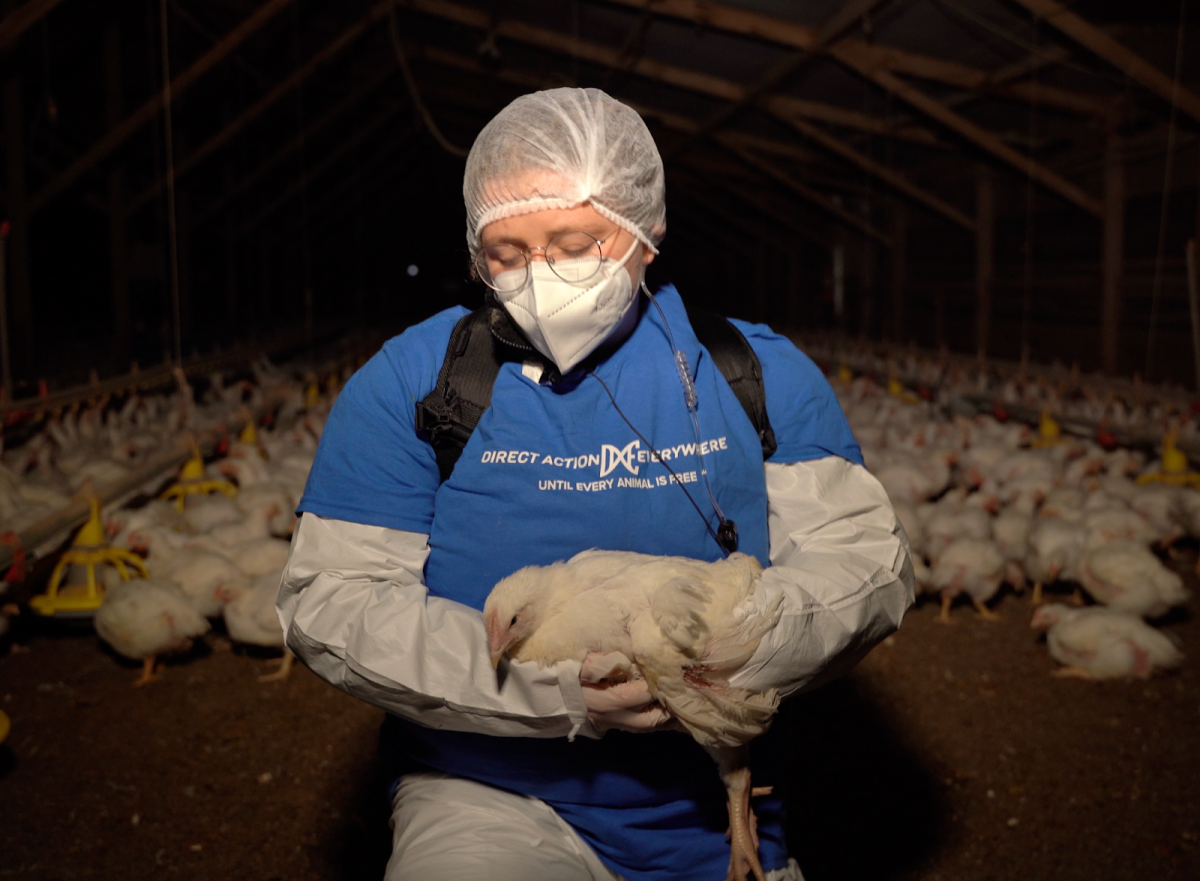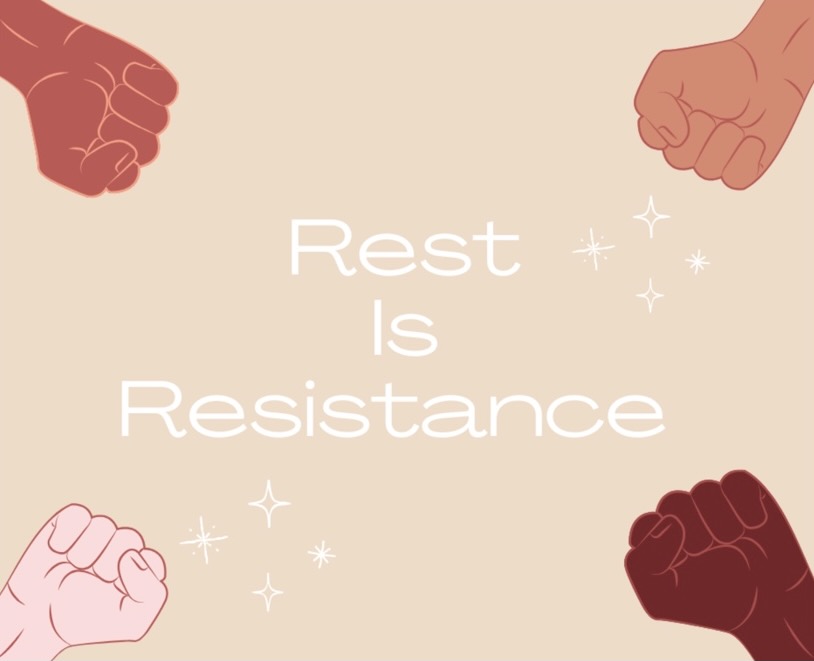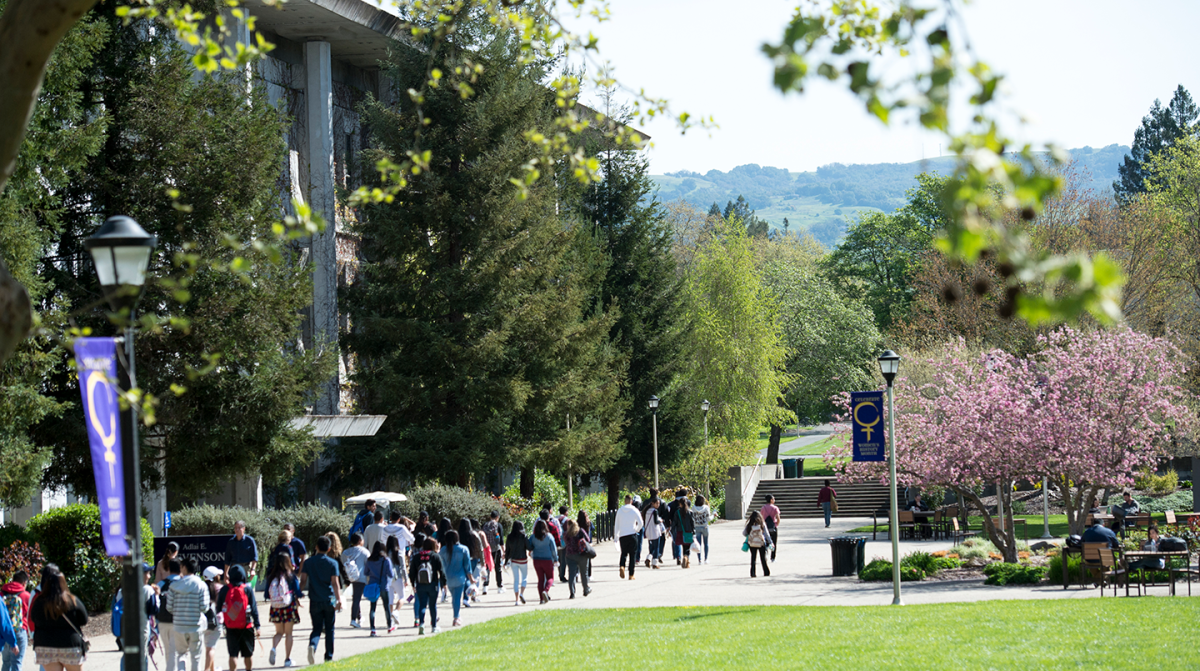The California State Student Association intends to create a level of independence with the adoption of the Student Involvement and Representation Fee by the California State University Board of Trustees, passed on Jan. 28.
The fee is voluntary $2 per-term charge assessed to all California State University students at time of enrollment, which begins in the fall 2015 semester.
The California State Student Association is a student advocacy body with representatives in all 23 state university campuses. Some of the largest efforts by the association include the advocacy and lobbying of legislatures in Sacramento and Washington, D.C. It’s through efforts at these law-making bodies, that the association is able to represent student causes and interests.
In addition, the association provides funding of student leadership groups and the ability to serve on taskforces and committees at the California State University system level.
The fee will generate $1.2 million to $1.7 million for the CSU system. The California State University system, which includes undergraduates and graduate students, had a total enrollment of 460,200 students in the fall of 2014. The highest projected revenue is based upon every student paying toward the voluntary fee both academic semesters. A conservative projection is also anticipated because the fee is voluntary.
Prior to the fee’s approval, the association was funded through annual membership dues and funding from the CSU Chancellor’s Office. With the implementation of the fee, these sources of funding will cease.
“When you have your own resources, you have a level of separation and independence,” said Anthony Gallino, Associated Students president and representative of the association. “There is less of an opportunity for members of the public to say ‘you’re just saying that because you get money from the chancellor’s office.’ We’re trying to say we don’t have that conflict because we have our own money.”
Along with the increased funds, the association expects to have a predictable funding model for the future. Ideally, this model will allow the opportunity for additional student involvement in association programs.
A fee summary packet, available at csustudents.org, provides insight into the intended actions of the association’s new source of revenue.
The current budget of the California Higher Education Student Summit, an annual conference hosted by the association that trains students on the various methods of effective advocacy, will be increased significantly through various levels of expansion. With a rough total of 250 student participants from across the state university system, that number is expected to increase.
Not offered previously, the fee will allow the funds for scholarships, website development and livestreaming of meetings.
The fee will also allow the expansion of campus outreach efforts, which will allow more contact between association representatives and the 23 state university campuses. The expansion will include funding to develop and aid in campuses voter registration efforts.
In addition, funding for in state, out-of-state, alumni and internships are all expected to be expanded.
“The state university system is the largest university system in the country and as such the association represents the largest amount of students,” said Miles J. Nevin, executive director of the association. “With this fee, it will allow us to grow to an extent that is appropriate for the amount of students we represent and allows us to grow in a meaningful way.”
The discussion of whether the fee would be a mandatory fee was discussed briefly by the association’s 2013-14 board, but was decided against.
The association felt students should have the choice to support political or policy decisions.
In addition, the association would have needed to traverse both the Education and Corporation Code, which prohibits mandatory student fees to directly advocate to the legislature.
Gallino concurred with the opinion of the association and offered his own that mandatory fees increase the level of difficulty. That difficulty will negatively affect current and future students.
“While you pay the $2 now, the return of the investment in the long run or the students who will come after you is much greater,” said Gallino. “If the association charges a $2 fee and through its increased advocacy ability, can then lobby the legislature more effectively and get additional funds for the CSU, that actually adds to the level of access and opportunity for everyone.”

































